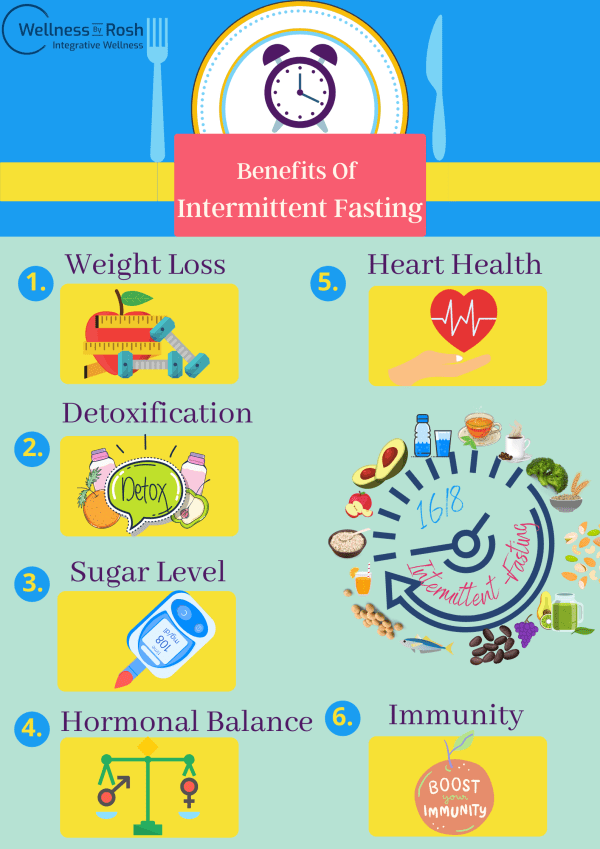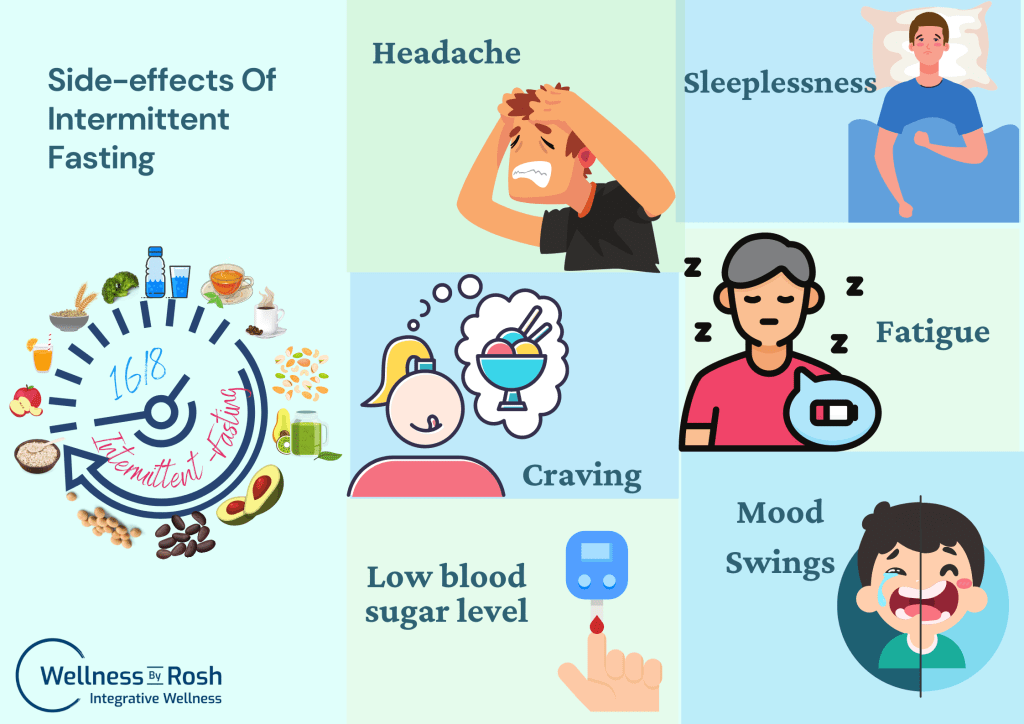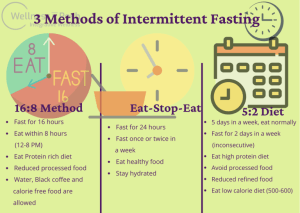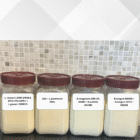Intermittent Fasting (IF) or Time Restricted Fasting (TRF)
In modern days intermittent fasting has been a scientifically proven way of fasting, irrespective of any traditional or religious belief. The Concept of fasting is not too new; for most of us, it is a kind of religious belief, that is handed down through generations as a weekly ritual or annual festival event. Since ancient times fasting is considered a detox and cleansing process that helps our body to rejuvenate. In this article, we will explain everything about the intermittent-fasting.
What Is Intermittent Fasting
- Intermittent fasting is the most popular diet trend. It is a cyclic eating pattern In which eating periods are alternated with fasting periods. In fact, most of us follow this to some extent every day, as we fast during sleeping time and we eat in our waking stage.
- It is not a diet plan, It is more focused on when to eat rather than what to eat or how much to eat.
Benefits of Intermittent Fasting
It is scientifically proven that Intermittent fasting shows numerous benefits. Some of the verified benefits include:
- Reduced chronic inflammation
- Helps in managing blood sugar level
- Helps in detoxification
- Weight loss
- Reduced Insulin resistance
- Maintained Hormonal and cellular balance
- Good for heart health
- Boost metabolism
- Increases focus
- Improves Brain activity
- Prevents Alzheimer’s disease
- Extend life span
- Supports in cellular repair (autophagy)
- Boost verbal memory

Types of Intermittent Fasting
There are many different types of IF. Here we mentioned the most popular ones:
- The 16:8 Method: In this method, a day is divided into two windows that include 16 hours of fasting and 8 hours of eating time, This is also called time restricted eating.
- Eat-Stop-Eat: This plan suggests full 24 hours fast, in once or twice a week.
- The 5:2 Diet: This periodic eating plan allows consume only 500-600 calories (low calories) during 2 days in a week
How To Start, Intermittent Fasting Safely
If you are thinking to start intermittent fasting for the first time, here are some general tips for you:
- A common mistake beginners make, is to assume that during eating window they can eat whatever they want without thinking of portion size since they are fasting for particular time.
- For all types of intermittent fasting, it is important to look after the nutrition and calorie amount.
- Always pick nutrient rich food, packed with protein for example, vegetables, fruits, whole grains, and beans.
- Start your day with healthy, easy to digest and nutritious food that give you instant energy after long hours of fast and then slowly include your daily regular diet.
- Keep yourself well hydrated.
- Never break your fast with a heavy meal.
- Include healthy teas and raw vegetables in your meal.
Advice For Beginners
- Intermittent fasting is a lifestyle, you will have to make-up and train your mind to follow the window of eating and fasting strictly.
- Initially finish your dinner early by 7 or 8 PM in the evening, start with 12-14 hours fasting, gradually increase the hours to 16-18 hours.
- Start with a group like your’s friends or family members as it will motivate you to continue the journey and help you to adopt intermittent fasting as a lifestyle.
- Do not do intensive work out during your fasting window.
- Don’t choose unhealthy, sugary, and high calorie food in your eating window.
- Have a good quality sleep.
- Limit your alcohol consumption.
- Do not count minutes, try to keep yourself calm and don’t take stress of eating/ fasting time.
Who Should Avoid To Do IF
- Pregnant women
- Nursing mothers
- You have type-1 diabetes
- You have any kind of eating disorder
- Your immune system is weak
- You are indulging in intensive workout session
- If you are feeling extremely weakness or fatigue
- Underweight people
General Side-Effects Of Intermittent Fasting
Side effects are temporary as body tries to detox, one shouldn’t not give up and be prepared for few initial side effects.
- Headache or Lightheaded
- Sleeplessness
- Weakness or fatigue
- Hunger and craving
- Mood swings
- Low blood sugar

Best Food To Eat While Doing Intermittent Fasting
For anyone who is attempting intermittent fasting, it is suggested to have food that helps to maintain a good energy level and keep you filled for a long time.
Food, such as whole grains, nuts, beans, seeds, protein-rich food, high fiber, and unprocessed food. For more information you can refer anti-inflammatory diet.
Food To Avoid While Doing Intermittent Fasting
- Inflammatory grains such as wheat
- Dairy products
- Refined Food
- Sugary Food
- Packaged and Processed Food
- Excess smoking
- Alcohol, however red wine can be taken in limit
Summary
Intermittent fasting is an effective way to improve overall health that includes weight management and cardiovascular health. Just remember, everyone is different when it comes to diet and lifestyle modifications.
The key is to choose healthy food, restrict your eating and fasting window, and have patience.
Consider speaking with a certified nutritionist first, if you are planning to start intermittent fasting for the maximum benefits, they can suggest to you what is best suited as per your weight, health, diet, and goal.










Weave Admin
9-Sep-21Nice article, Thanks for writing
Wellness By Rosh
9-Sep-21Thank you